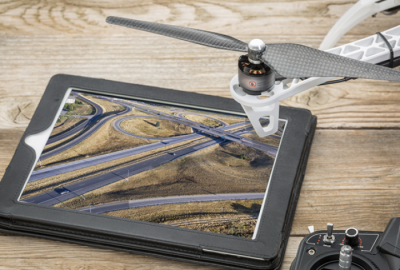
You are using a drone to inspect infrastructure; e.g., power lines, rail tracks, wind turbines. Often infrastructure can be in a difficult to reach area and a drone, fitted with a high-definition video camera, provides safe access. Sometimes around this infrastructure human life is found: dwellings, farms, people going about their life. Images of this can be captured and included in the footage that is used by you.
Below you will see some of the main privacy and data protection issues that could arise in this situation and tips/ safeguards for how to avoid them. Keep in mind the detailed information provided in the Handbook.
Privacy and Data Protection
-
PRIVACY
Visibility and accountability: Individuals on the ground may
not know a drone is in operation. They should be aware who, when and how the
drone is being used and for what purpose. This allows them to adjust their
privacy expectations, be prepared and keep control over their privacy by
acting accordingly.Chilling effect: Individuals may perform a form of
self-preservation/ self- censorship by restricting their behaviour when they
are, or believe that they are, being watched. Making individuals in the area
aware of the purpose of filming and what is being captured can reduce this
negative effect.Capturing continuous footage and private spaces: As you fly
your drone, you may capture people living in the area moving about. This could
threaten their right to privacy of location and space. People have a right to
move about freely without being tracked and monitored and to be left alone in
their own home. The sphere of the home (including the garden, the car and, for
example, the driveway) is a place where individuals have a right to privacy. - DATA PROTECTION
- SAFEGUARDS